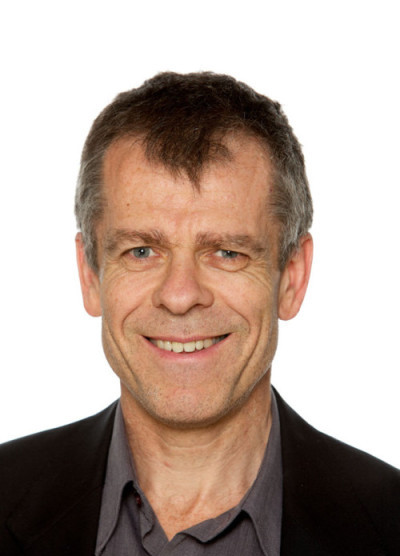Description
In this 1-day workshop, Professor Bryant reviews the latest research developments in our understanding of traumatic stress reactions and provides advanced clinical guidance. Clinical instruction covers managing common obstacles and client complexities in assessing, conceptualising and treating traumatic stress reactions including Acute Stress Disorder (ASD) and posttraumatic stress disorder (PTSD). This workshop is interactive, with a strong practical focus to inform clinical practice. It draws from the latest clinical research on traumatic stress reactions and Professor Bryant’s work on developing international treatment guidelines and in guiding the update of PTSD diagnostic criteria in DSM-5 and ICD-11.
Workshop learning objectives:
- Explain the latest research developments on conceptualisation, assessment and treatment of traumatic stress reactions, PTSD and ASD
- Learn to manage key challenges in diagnosis, assessment and cognitive behavioral formulation of PTSD and ASD
- Extend and deepen clinical skills in treating PTSD and traumatic stress reactions
- Acquire skills to manage client complexity and challenging obstacles in conduct of trauma-focused treatment
There are no prerequisites for this workshop, though it assumes basic knowledge of cognitive behavioural formulation and treatment principles. It is appropriate for clinicians seeking to advance and refine their clinical skills in working with traumatised clients. Professionals including psychologists, psychiatrists, GPs, social workers and mental health nurses are welcome to attend.
This workshop complies with the requirements for CPD as per Psychology Board of Australia guidelines.
A portion of every booking is donated to White Ribbon Australia, a non-profit campaign to end violence against women.
About the presenter
Richard Bryant is Scientia Professor of Psychology, University of New South Wales, NHMRC Senior Principal Research Fellow, and Director of the Traumatic Stress Clinic, Westmead Hospital, Sydney. He has published over 400 journal articles on trauma, anxiety, and treatment. He has authored the leading text on acute stress disorder and served on both the DSM-5 and ICD-11 committees rewriting the new diagnoses for PTSD. He has received multiple research grants from the National Health and Medical Research Council and the Australian Research Council. His work has focused on the assessment and treatment of trauma reactions, as well as the cognitive and biological mechanisms underpinning traumatic stress. His assessment and treatment protocols are currently employed by many civilian and military agencies around the world, and he consults to many global projects on posttraumatic mental health.

